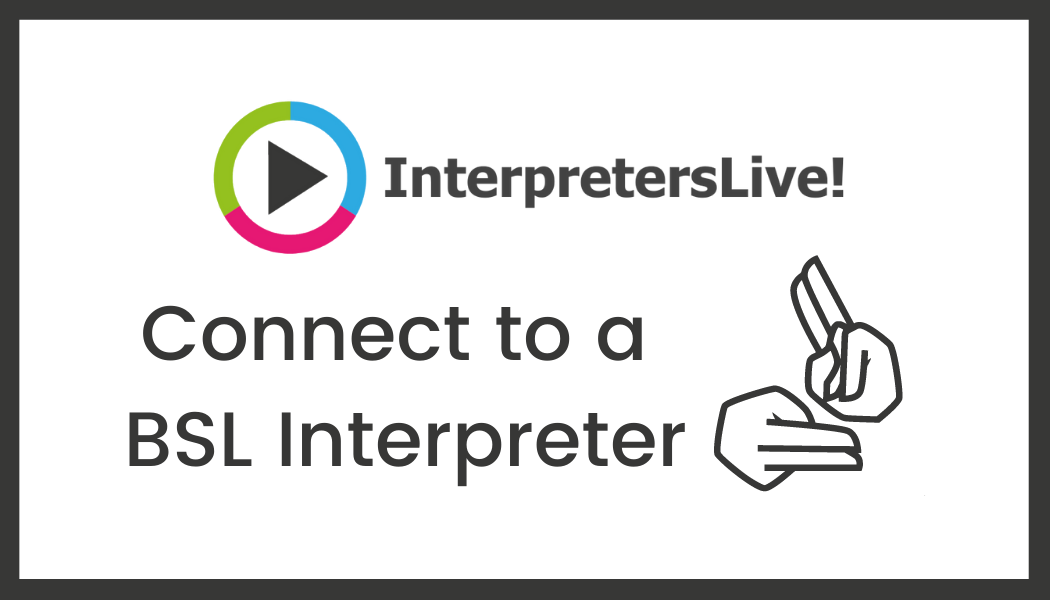
From the appointment of Sport England's first director of equality, diversity and inclusion back in January through to the December news that the NHL would be extending its commitment to inclusivity, diversity and inclusion (D&I) provided a key theme for sports organisations across the globe in 2021.
Here, we take a whistle-stop tour of some of the key D&I developments in 2021...
January
The year kicked off with the aforementioned appointment of Viveen Taylor as Sport England's first director of equality, diversity and inclusion, a role dedicated to ensuring everyone can enjoy the benefits of being physically active regardless of their background.
UK Athletics (UKA) announced the launch of a series of key activities as part of its ED&I programme. The governing body set out plans to create a new mentoring programme and offer inclusion workshops.
February
The Premier League launched its No Room For Racism Action Plan, building on the existing moves to promote equality, diversity and inclusion. The plan features commitments to create greater access to opportunities and career progression for Black, Asian and other minority ethnic groups in football.
Champion cyclist Tao Geoghegan-Hart hit the headlines when he announced he was taking action to tackle cycling’s diversity “problem” by sponsoring an U23 rider to join his former team. He said he hoped it would be “the beginning of a joint effort to increase racial diversity within the amazing sport of cycling”.
In the same month, double Paralympic champion Kadeena Cox was appointed on the Sports Monitoring Advisory Panel to hold to account publicly-funded sporting organisations over their Black Lives Matter-inspired pledges. Describing the sport as "mainly white middle class", Cox said she wanted to "create change" in cycling and improve representation within the sport.
March
In the US, the Institute for Diversity and Ethics in Sport (TIDES) released the Complete 2020 Racial and Gender Report Card, which analysed individual report cards of MLS, the NFL, MLB and college sport. It revealed that the WNBA and NBA continued to set the industry standard in diverse, equitable and inclusive hiring practices.
Back in the UK, the Royal Yachting Association (RYA) unveiled its plan to change the perception of boating as being elitist, too white and for middle-class people or millionaires. The “10 steps to progress” plan covers ethnicity, gender and LGBTQ+ inclusivity to “make all forms of recreational boating inclusive, accessible and attractive to all”.
April
The BBC reported that 35 leading sportswomen had joined the charity programme 'Unlocked' to tackle the lack of diversity across sport. Among the women who joined the initiative, set up by the Women's Sport Trust, were footballers Nikita Parris and Caroline Weir and five-time Paralympic champion Hannah Cockcroft.
May
The former Nottingham Forest defender Wes Morgan retired from football and declared a move into the governance of sport to enforce change around racism and diversity. Morgan said: "If I could get into those positions, I would try and make positive change in that sense. I think that's when you'll see real change when someone the likes of me gets there."
Stakeholders in British horse racing came together under a "unified industry commitment" to improve diversity and inclusion across the sport. The commitment revolves around five areas of leadership and accountability, good governance, education and awareness-raising, celebrating racing's diversity and engaging new audiences.
June
McLaren announced the creation of a new alliance as part of its commitment to increasing diversity in motorsport. McLaren Racing Engage aims to "advance the team's diversity, equality and inclusion agenda as part of its broader sustainability programme".
British snowsport governing bodies launched a new Diversity and Inclusion Advisory Group, with representation from GB Snowsport, Snowsport England, Snowsport Scotland and Snowsport Wales to improve representation in the sport.
July
Sport England released its internal Diversity and Inclusion Action Plan, which outlined its ambition to tackle inequality within the organisation. The plan represents Sport England's objectives for ensuring equality, diversity, and inclusion for the next four years, recognising the principles set out in the Code for Sports Governance.
As reported by the BBC, sport governing bodies were told in July that they must improve diversity in their organisations or face losing funding. Funding bodies Sport England and UK Sport updated their code, meaning publicly-funded organisations have to produce a Diversity and Inclusion Action Plan (DIAP) to show how they are getting more women, disabled people and those from ethnic minority backgrounds involved in the running of sport.
August
New Zealand Football launched a review of cultural diversity that included potential plans to drop the “All Whites” nickname for the men’s national team. The governing body sought feedback from stakeholders on the change due to concerns the handle carried racial undertones.
The Economist released a report stating that the Tokyo Olympics was more diverse than ever. Despite this, a presentation given to Sport England’s talent inclusion advisory group claimed that Team GB was not representative of the diversity of Great Britain and Northern Ireland, with too many sports dominated by white, suburban sportspeople and too few encouraging athletes from urban areas.
September
New chair of the Rugby Football Union (RFU) Tom Ilube spoke publicly for the first time since taking the role, setting out his ambitious plans to transform English rugby and do more to make it a sport for all.
TIDES released a report detailing race and gender among sports media in the US, which confirmed the industry remains overwhelmingly white and male. "We need more women in this industry," said Lisa Wilson, former APSE president and a key adviser to the study. "We need those voices. We need that perspective. We need them making coverage and hiring decisions."
October
Formula One Champion Sir Lewis Hamilton established a new charitable foundation to support under-represented young people in the UK, with a £20million pledge. Mission 44 aims to “support, champion and empower young people from underrepresented groups in the UK”, with side project Ignite aimed at improving diversity in motorsport.
Researchers from Loughborough University outlined recommendations to enhance the diversity of sports coaches across the UK. The research identified a series of structural and cultural barriers experienced by coaches, including socio-economic and cultural constraints, limited knowledge and financial accessibility of local coaching opportunities, and negative experiences and exclusion when coaching.
November
Azeem Rafiq's testimony on racism in cricket led to a specific focus on the experiences and progression of South Asians in cricket, with England and Wales Cricket Board (ECB) chief executive Tom Harrison declaring a "sense of belonging" must be created for everyone.
Sky and Kick It Out announced a partnership with the University of Liverpool Management School to launch the Kick It Out Scholarship Programme. The scholarships are targeted at Black and other under-represented ethnic minorities applying for the 2022 Football Industries MBA qualification.
Across the Atlantic, TIDES released a diversity report for racial and gender hiring in Major League Soccer saw a “substantial” increase in its scores for hiring women at team and league level after four years of declines.
December
The Commonwealth Games Federation (CGF) launched the Commonwealth Sport Pride Network to promote LGBTQ+ inclusion at the Commonwealth Games and beyond. It has four goals, including creating a safe space for LGBTQ+ people and allies to undertake activities as a community, raising awareness of LGBTQ+ participation in Commonwealth sport, supporting relevant bodies through information-sharing, training and education, and providing a platform to pursue LGBTQ+ acceptance and equality across the Commonwealth.
In the US, the NHL Board of Governors provided an update on the league's continuing efforts to ensure that the game is safe, inclusive and respectful and that the NHL and its clubs provide welcoming workplaces for all. The report, "Respect Hockey - Committing Ourselves to the Game's Greatest Values", focused on four pillars - Prevention, Reporting, Counselling and Accountability.
Stay tuned to the level= blog for a look at what’s ahead for diversity in sport in 2022.
Your partner in action
The future of sport is driven by difference. Here at level=, it’s our mission to help every sports organisation, regardless of size or scope, bring diversity and inclusion to their leadership and broader teams.
Whether you are building greater equity within your organisation or looking to take the next step in your career in sport, our team is committed to working with you to offer the skills, services and access to a globally diverse and level field of possibility.
Connect with us on 020 8392 9959 or email hello@levelequals.com.




